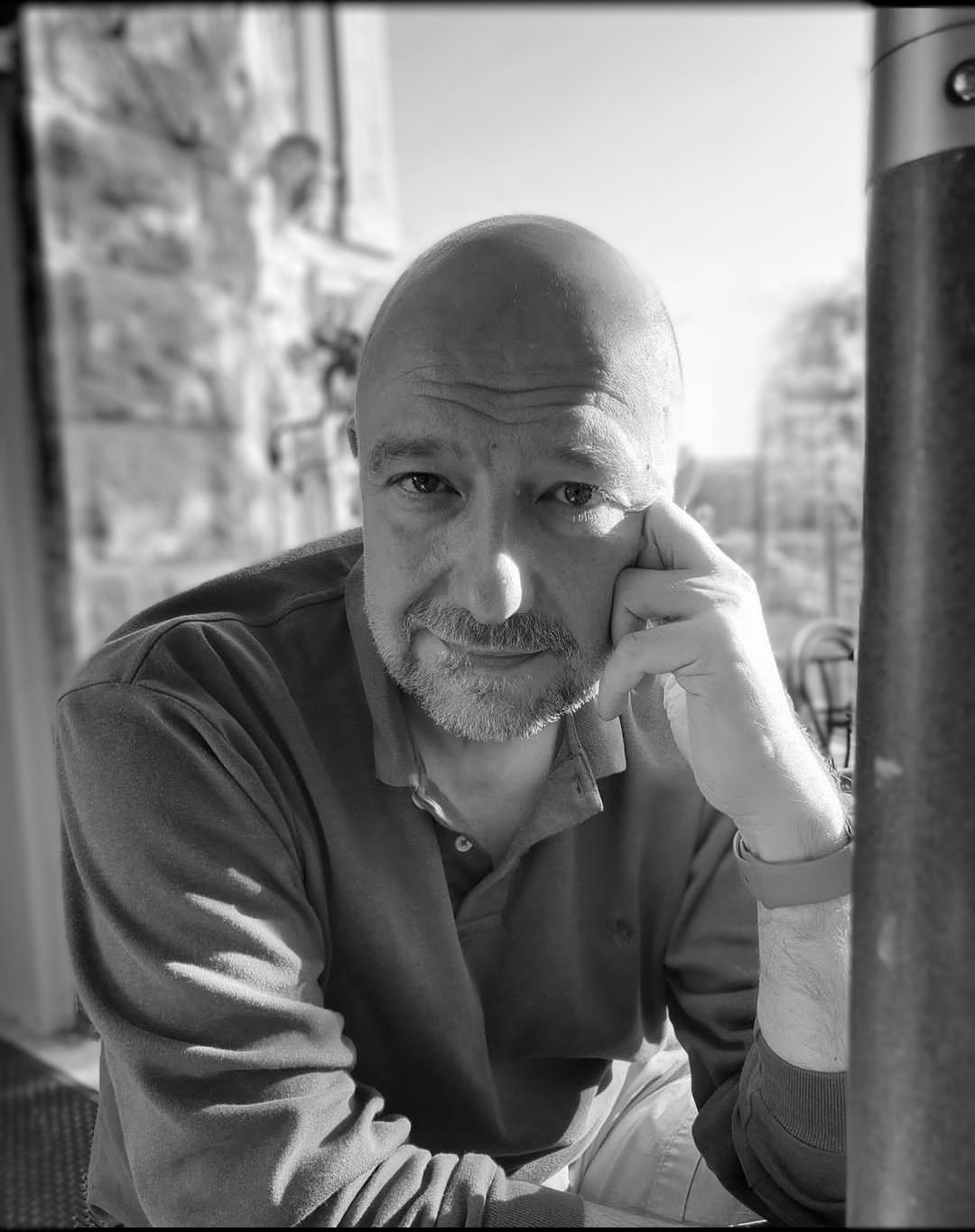“We have no idea, now, of who or what the inhabitants of our future might be. In that sense, we have no future. Not in the sense that our grandparents had a future, or thought they did. Fully imagined cultural futures were the luxury of another day, one in which 'now' was of some greater duration. For us, of course, things can change so abruptly, so violently, so profoundly, that futures like our grandparents' have insufficient 'now' to stand on. We have no future because our present is too volatile. ... We have only risk management. The spinning of the given moment's scenarios. Pattern recognition” Two days after Disney and Lucasfilm broke the Internet, an impressive, even breathtaking video captured the romance and awe of what attracted me to science fiction in the early 1980s in a way that, for all of the pleasure one finds in lightsaber duels and space battles among the asteroids, George Lucas's space opera never quite could. Entitled, "Wanderers," it features simple humans climbing down a space elevator to the surface of Mars, traversing one of Jupiter's icy moons, and standing on the bridge of a ship on one of Saturn's moons as they look with wonder at the rings of the grand planet, all narrated by the great astronomer and science promoter Carl Sagan. It is a far cry from our modern-day science fictional world, where we have turned our back on the Future in favor of a perpetual present. I marvel at how the AT&T commercials directed by David Fincher got so much right in this regard, to the point where I find myself somewhat stunned at how much the modern world has passed the Future by.
1 Comment
|
Derek Austin Johnson has lived most of his life in the Lone Star State. His work has appeared in The Horror Zine, Rayguns Over Texas!, Horror U.S.A.: Texas, Campfire Macabre, The Dread Machine, and Generation X-ed. His novel The Faith was published by Raven Tale Publishing in 2024.
He lives in Central Texas. Archives
May 2024
Categories |

 RSS Feed
RSS Feed